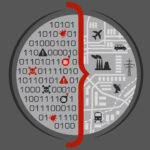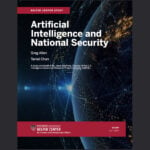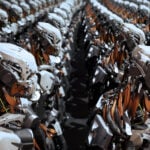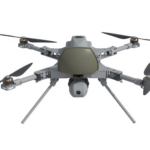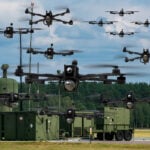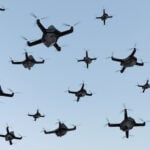The Impact of Artificial Intelligence on Military Defence and Security – Report
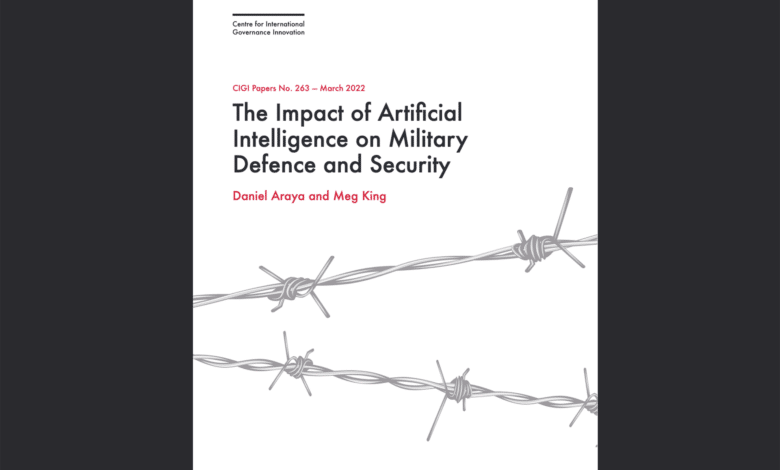
The Centre for International Governance Innovation (CIGI) published a report “The Impact of Artificial Intelligence on Military Defence and Security,” authored by Daniel Araya and Meg King.
The paper explores the evolution of military-specific capabilities in the realm of artificial intelligence (AI) and machine learning. It emphasizes the transformative potential of AI in reshaping the rules of warfare and highlights the significance of AI as a force multiplier in the defence sector, with the particular focus on Canada.
Historically, technological advancements have always played a pivotal role in revolutionizing warfare. From the introduction of horses and armor to the deployment of aircraft carriers and fighter jets, AI and robotics are the latest entrants in this evolutionary trajectory. These technologies are poised to redefine decision-making processes, military strategies, and the application of force.
AI, often misconstrued as a specific technology, is more of a collection of methodologies. While its conceptualization began in the 1940s, the recent surge in interest is attributed to advancements in machine learning and enhanced computational capabilities. Deep learning, a subset of machine learning, uses artificial neural networks to emulate human intelligence, finding applications in computer vision, speech recognition, and natural language processing, among others.
Canada, being at the forefront of AI research, has fostered a robust AI ecosystem. The Canadian government’s commitment to AI is evident in its Pan-Canadian AI Strategy introduced in 2017 and its participation in various international AI partnerships. The national defence policy, “Strong, Secure, Engaged” (SSE), underscores the government’s focus on technology, with a significant budget allocation for AI development and research.
AI, with its vast applications, is set to bring about a structural transformation in national security. The SSE envisions this transformation and emphasizes the need for a proactive approach to harness the potential of AI in defense and security.
Emerging technologies, including AI, are now the focal points of geopolitical competition. Nations like China, Russia, and the United States are aggressively exploring the military applications of AI. The rapid pace of technological innovation, coupled with the rise of Asia as a global trade hub, necessitates a reevaluation of national security strategies. AI, akin to electricity or fossil fuels, has the potential to redefine modern militaries and reshape the global balance of power.
The convergence of physical, digital, and biological technologies heralds the onset of a significant technological revolution. Governing these emerging technologies at a global level is imperative to mitigate the risks of future conflicts. As AI technologies become increasingly integrated into the world’s militaries, establishing clear guidelines and risk-reduction measures will be crucial to ensure global peace and security.
For 30+ years, I've been committed to protecting people, businesses, and the environment from the physical harm caused by cyber-kinetic threats, blending cybersecurity strategies and resilience and safety measures. Lately, my worries have grown due to the rapid, complex advancements in Artificial Intelligence (AI). Having observed AI's progression for two decades and penned a book on its future, I see it as a unique and escalating threat, especially when applied to military systems, disinformation, or integrated into critical infrastructure like 5G networks or smart grids. More about me, and about Defence.AI.
